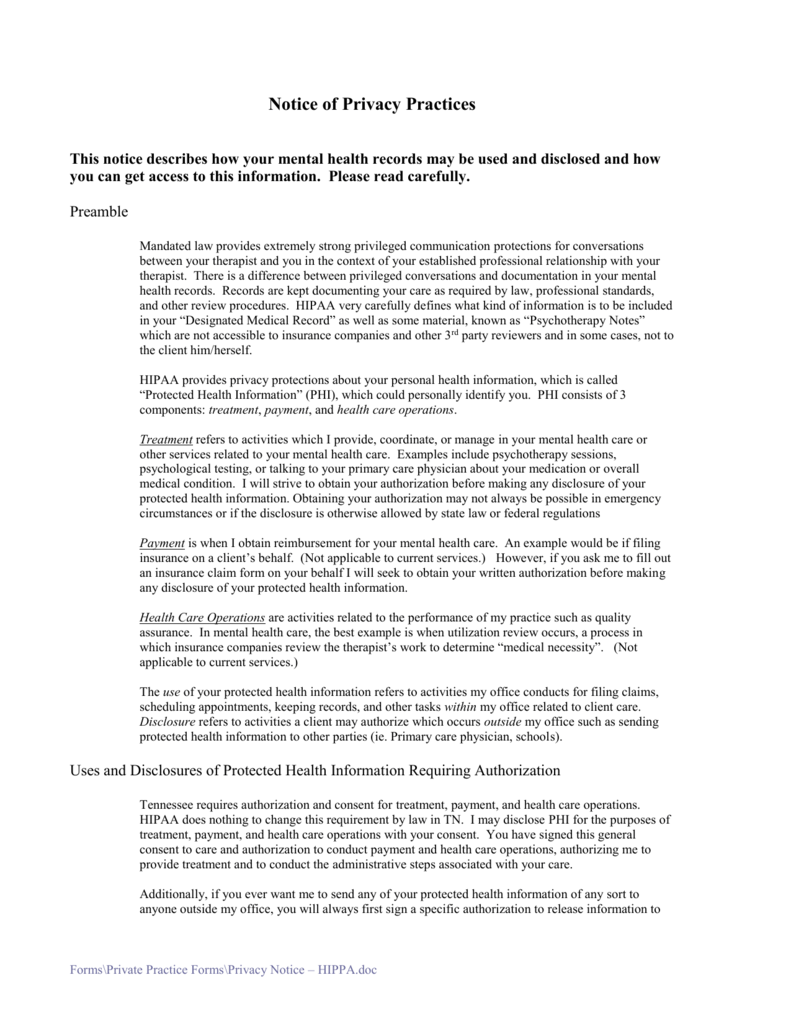presently have, or at some phase have actually had, a debilitating mental disorder. according to the American Psychiatric Association. Psychological health problem, particularly depression, is forecasted to become one of the major health problems in the future. The World Health Organization (WHO) states that depression is the leading reason for disability worldwide.
As childhood and teen mental health conditions are so typical, it's baffling that we are not equipping our kids with an understanding of psychological health. Undiagnosed, inadequately Find more information dealt with or without treatment mental disorder can seriously impact their ability to find out and grow. It can lead to negative coping mechanisms and at worst, may lead to suicide.
School is where relationships start. It is where teens develop their sense of self-respect. It's likewise the place where kids need to discover that their habits towards others can trigger major self-worth concerns. Lots of students experience conflicts, bullying and social exemption at school. Alex Crotty was only eleven when she began feeling unpleasant all the time.
She suffered alone and even changed schools, but that did not assist. It was just when she was 14 that she informed her mom what was going on. She was detected with significant anxiety and anxiety and was able to receive treatment. Her story reveals the trouble youths experience when it comes to speaking out about their depression or anxiety.
Some are better at managing these than others. Numerous children feel anxious, varying from mild signs to more extreme kinds, such as panic attacks. When these symptoms are ignored, they can result in depression, lack of performance and increased threat of substance abuse. The Netflix show "13 Factors Why" is currently in its 2nd season.
Getting The How Beauty Standards Affect Mental Health American Psychological Association To Work
She commits suicide and leaves behind 13 tapes explaining why. The program has numerous detractors, including health awareness specialists and moms and dads who think that it uses really little insight into the psychology of suicide. how does mental health affect school. They believe it highlights simply how bad things can get and how terrible teens can be and may even contribute to brand-new ways for teens to consider suicide.
Suicide is the second leading cause of death for people aged 15 to 24 in the U.S. Existing research study suggests a possible connection between increased social media use and mental health although it's still uncertain precisely how they are connected. What is clear is that young grownups are the most active users.
Without any long-lasting research studies having been finished, we are still largely rating its influence. The benefit of social networks is that teenagers are hardwired to socialize, and social media makes it easy and immediate. Teens in marginalized groups may discover it simpler to make good friends and find support. The downside of social media is that those utilizing social media might be confronted with many negatives such as hazardous comparisons, cyberbullying and less face-to-face interactions.
Family, pals, teachers, and people themselves often discover small changes in thinking and behavior before a mental disease appears in the full-blown type. Learning more about early indication, and acting can assist. It can minimize the severity of the disease, and it might even be possible to prevent or postpone the advancement of a major mental disorder.
In a short article composed by Nancy Barile, M.A.Ed. on the value of mental health awareness in schools, she relates how she discovered some extreme modifications in one of her trainees over a short period of time. The trainee no longer did her research, and she would come to school in the same clothing, although she 'd previously been careful about her appearance.
Excitement About How Does http://finnvcoi144.yousher.com/everything-about-how-does-social-class-affect-mental-health Insomnia Affect Your Mental Health
Barile had some training in psychological health issues and recognized that the student was in problem. Social employees on the staff were able to talk to the trainee and found that she was depressed, self-destructive and in requirement of immediate psychiatric intervention. She was confessed to the medical facility for a short while, provided medication and therapy and handled to graduate with her class.

79% of British moms and dads feel that psychological health education should be a part of the curriculum in schools. Throughout the world, moms and dads understand the need for psychological health education for kids. With 50% of psychological health conditions developing in children of age 14 or below, the assistance for the cause is proliferating.
Just as athletics belongs to the curriculum in schools, psychological health awareness and education must be too. Our children spend many of their day at school. We need to empower them with knowledge about psychological illness. A growing variety of schools are starting to recognize the significance of psychological health education. how does mental health affect a person's job.

School-employed psychological health specialists deal with teachers to offer support and with moms and dads to better understand students' needs and carry out appropriate assistance. In July 2018, New York became the very first state in the U.S. to need mental health education for all trainees. The School Mental Health program will promote the healthy psychological, social, and behavioral advancement of all the trainees.
Mental health requirements will be assessed, and access will be supplied to mental health services and programs (how does homelessness affect mental health). As reported in United States News and World Report, a couple of little research studies have actually found "that teaching high school students about mental health improved their mindsets toward treatment, increased determination to seek aid from a therapist and improved their general psychological health literacy." There is a pressing requirement for more studies to identify programs' effectiveness and recognize methods to improve them.
The Main Principles Of How Does Isolation Affect Mental Health
Until it is, instructors and administrators need to assist shine the light on the concept of self-care. And, they need to stress the reality that mental health is an integral part of health. Rehab Center THE BOTTOM LINE A cultural shift in attitudes about mental health needs to begin with the young.
Schools require to cultivate an environment in schools where psychological health issues can be identified and dealt with without being stigmatized. Awareness needs to be raised about mental health crises, such as self-harm, drug abuse, consuming disorders and other negative coping behavior needs to be created. If everyone in schools is empowered with understanding, and discussion is motivated, trainees will have the liberty to open up about what they are going through.
As educators, parents and students across the country continue to promote for more public school funding, the spaces in resources readily available to trainees continue to broaden. One major area of issue getting more attention over the previous few years is the shortage of psychological health resources in schools. Without the required services, students, specifically those undiagnosed or unattended, are falling back their peers.
are experiencing anxiety, anxiety and/or behavioral conditions. "Mental illness in youth can negatively impact ... children's capability to attain social, emotional, cognitive, and academic turning points," the report said. Examining information from the 2016 National Survey of Kid's Health, the scientists discovered that 7.1% of children aged 3-17 years had anxiety issues, 7.4% had a behavioral conduct issue, and 3.2% had anxiety.
The study likewise points to a near 20 percent treatment gap between kids identified with anxiety versus those experiencing anxiety. Overall, approximately 78% of kids with depression have gotten treatment, whereas treatment for stress and anxiety and behavioral/conduct issues was 59% and 54%, respectively. Without access to services, students with anxiety are at greater risk of later developing depression.